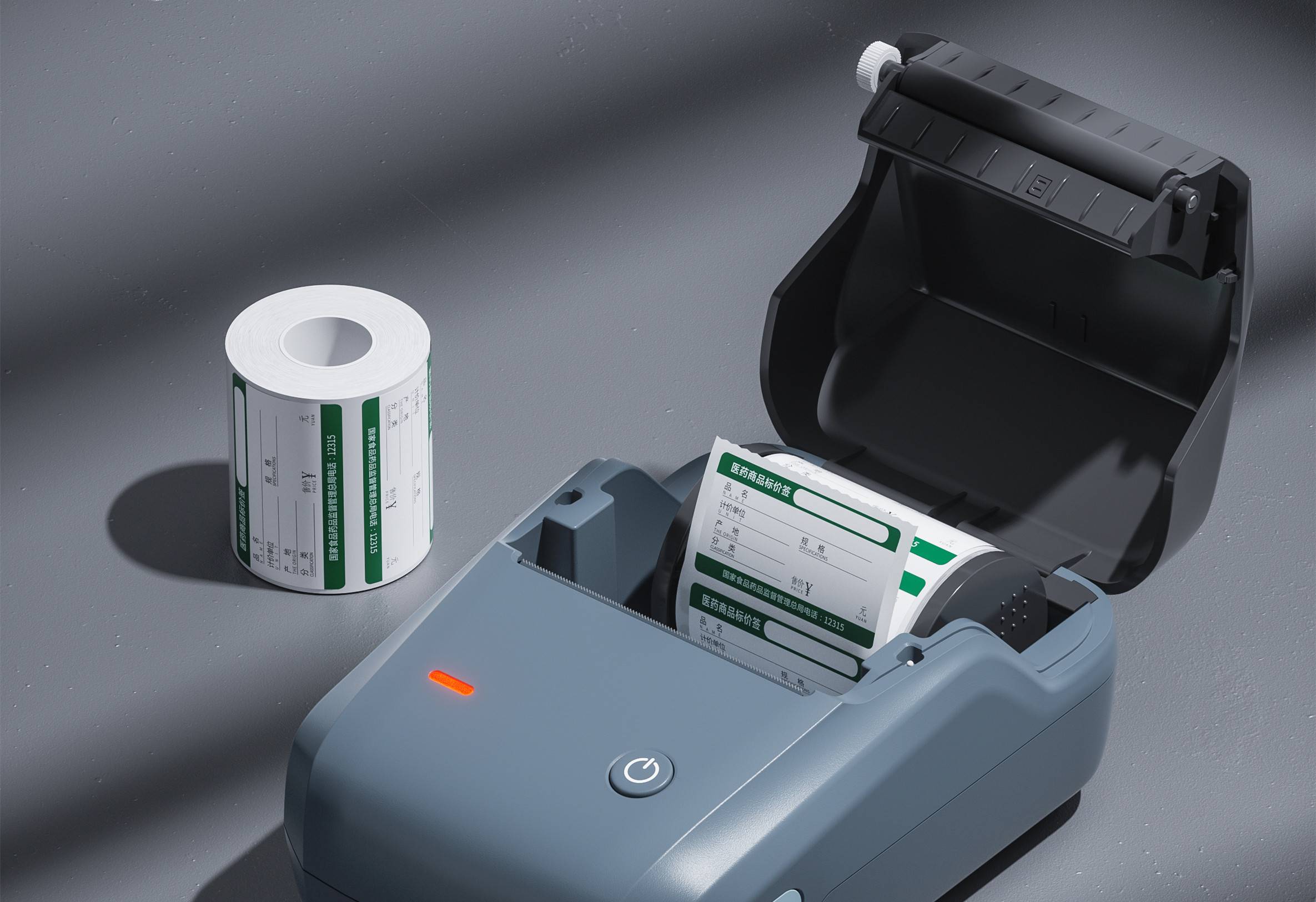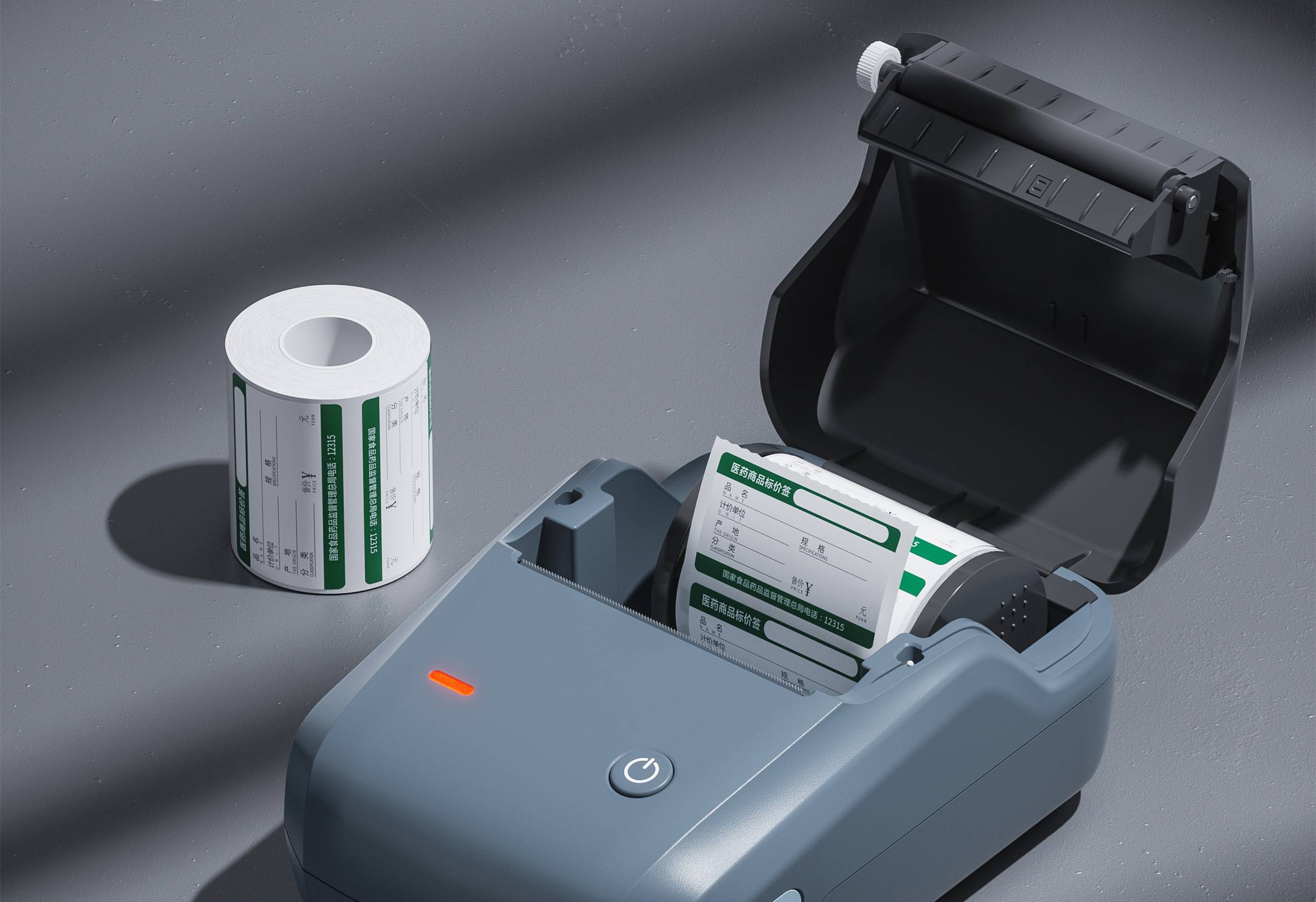According to the Radio Wave Act, South Korea has strict requirements for wireless headphones and other devices to ensure that they not only do not interfere with the normal operation of other electronic devices, but also guarantee the stability and security of communication networks. KC certification is not only a legal requirement but also a technical threshold for market access, ensuring that every pair of wireless headphones circulating in the South Korean market is safe, reliable and in compliance with standards. We analyzed the significance and necessity of KC certification, which are directly related to the market prospects, technical compatibility and compliance of the products!
When applying for KC certification for wireless headphones, the main execution standards that need to be followed include KS X 3123 and KS X 3124/3126. These standards detail key parameters such as the transmission power and frequency of Bluetooth devices during wireless communication, ensuring that the wireless communication of the devices does not cause unnecessary interference to other electronic devices and guaranteeing the stability and security of wireless communication. By passing tests that meet these standards, wireless headphones can obtain KC certification, proving that they comply with radio wave regulations and technical specifications when sold in the South Korean market.
To pass the certification smoothly, the following materials must be prepared: the Korean user manual, antenna report, business license (only for Korean companies), and fixed-frequency materials.
Please note that different products may require additional information. It is recommended to consult Zhongrenlianke to confirm the specific requirements.
Key test items for KC certification of wireless headphones
The six key test items for KC certification of wireless headphones are: frequency error, transmission power, occupied bandwidth, transmission spurious, reception spurious and occupied time.
1. Sign the contract: After confirming the service content with the certification body, formally sign the contract to clarify the responsibilities of both parties.
2. Application for project initiation: Submit relevant product-related materials, such as product manuals and technical specifications, and the certification body will apply for project initiation.
3. Sample Testing: In accordance with the requirements of KC certification, a set of fixed-frequency prototypes and a set of finished prototypes will be provided. The certification body will conduct comprehensive tests on the samples to ensure they comply with the radio frequency standards of South Korea.
4. Submit the application: After the test is passed, the certification body will assist in submitting all necessary documents and test reports to officially apply for KC certification.
5. Certification by the institution: After the review is passed, the certification body will issue the KC certification certificate.
The KC certification cycle for wireless headphones is usually 5 to 6 weeks. This period covers the entire process from submitting the application, sample testing to finally obtaining the certification certificate. However, it should be noted that the actual cycle may vary depending on the complexity of the product, the workload of the testing laboratory, and whether additional compliance adjustments are required. Therefore, to ensure that your product can pass the certification on time, it is recommended to communicate with the certification body in advance to confirm the latest schedule and possible influencing factors.
To apply for KC certification of wireless headphones, the following quantities and types of samples are usually required
1. A set of fixed-frequency prototypes: Fixed-frequency prototypes are used for RF testing, such as transmission power, frequency error, spurious emissions and other RF testing items.
2. A set of normal prototypes: Normal prototypes are used for testing electromagnetic compatibility, such as radiation, conduction, electrostatic immunity and other EMC test items.
In addition, all provided samples must be consistent with the actual shipped products to ensure that the shipped products truly comply with all the test standards of KC certification.
1. Certification form: Firstly, determine whether to adopt the KC registration form or KC certification based on the technical characteristics of the product. Wireless headphones are general short-range devices, and the KC registration form can be chosen to obtain the certificate.
2. Preliminary testing: A preliminary test is conducted before the samples are officially sent to the laboratory in South Korea to verify in advance whether the products meet the standards, facilitating close-range rectification and debugging as well as ensuring the controllability of the cycle.
3. Cycle Management: The certification cycle is approximately 4 to 6 weeks. Plan the time in advance to ensure that the market entry plan is not affected by certification delays.
When applying for KC certification for wireless headphones, factory inspections are not required. This regulation applies to wireless products, including Bluetooth headphones, etc., which do not require factory inspections in the certification process in South Korea. This means that after the manufacturer passes the product test and submits the necessary technical documents, they can directly obtain certification without worrying about the factory audit process. However, for the quality control of products and documentation maintenance, enterprises still need to follow relevant quality management system standards to ensure continuous compliance with the requirements of KC certification.
One of the main factors influencing the cost is the difference in wireless technology. For instance, Bluetooth wireless headphones can be divided into single-mode and dual-mode types. Single-mode headphones are relatively simpler and naturally have a lower cost. Dual-mode headphones require more testing and verification, so the cost will increase relatively. However, if your wireless headphones not only support these wireless specifications but also include many other non-wireless functions, such as multiple connection playback modes, this will directly affect the complexity of the test and the corresponding cost. If any of the above situations occur, the test fee may increase by 4,000 to 8,000 yuan.
This conversion does not apply to the CB certification held by wireless headphones. Specifically, CB certification cannot be directly converted into KC certification. This is because CB certification is for testing the safety standards of products, while KC certification for wireless headphones is for testing the radio frequency and electromagnetic compatibility standards of products. The standard requirements of the two are not the same.
Similarly, if a wired headset or other wired product needs to undergo EMC testing and certification by KC, this part of the certification can only be redone and cannot be converted through CB certification.
If you have products that need KC certification and wish to learn more about the relevant procedures and standards, please feel free to leave a message for consultation!

Label printers entering the Brazilian market, ANATEL certification is an essential passport! It is the recognition of the Brazilian Telecommunications Authority for the safety and compliance of electronic products, without which products cannot be legally sold.

SRRC certification is not only a guarantee of product compliance, but also a key to opening up the market.

FCC ID certification is a mandatory certification for electronic products by the Federal Communications Commission (FCC) in the United States, and it is essential for label printers to obtain this certification.
According to the Radio Wave Act, South Korea has strict requirements for wireless headphones and other devices to ensure that they not only do not interfere with the normal operation of other electronic devices, but also guarantee the stability and security of communication networks. KC certification is not only a legal requirement but also a technical threshold for market access, ensuring that every pair of wireless headphones circulating in the South Korean market is safe, reliable and in compliance with standards. We analyzed the significance and necessity of KC certification, which are directly related to the market prospects, technical compatibility and compliance of the products!
Get a quote